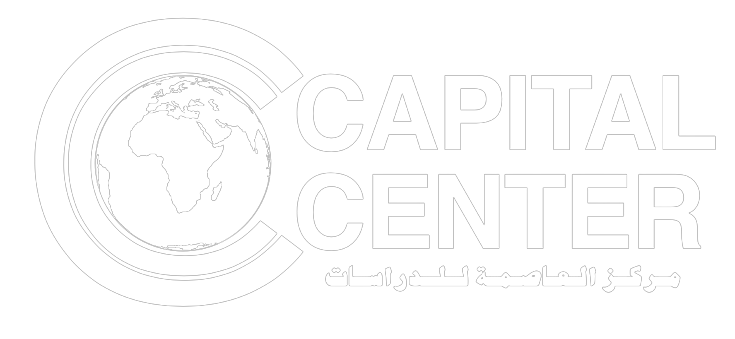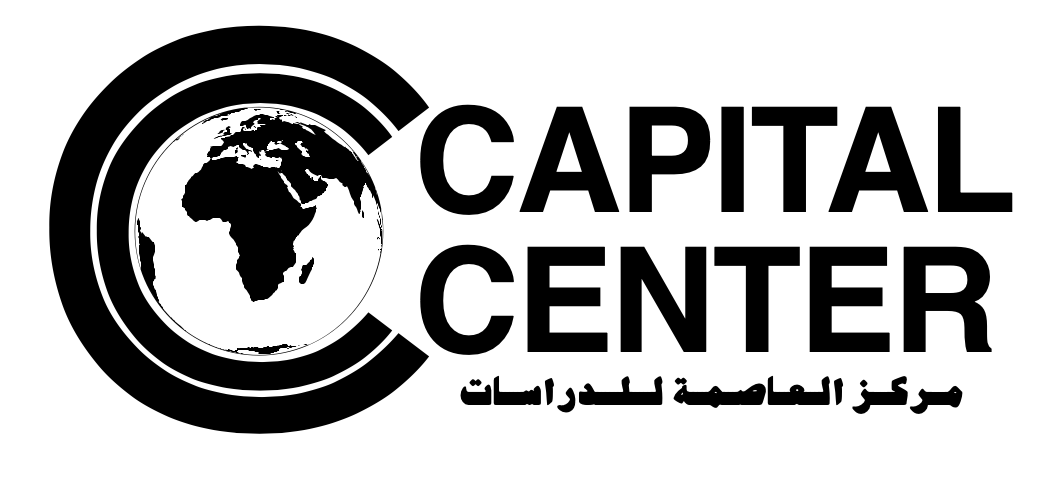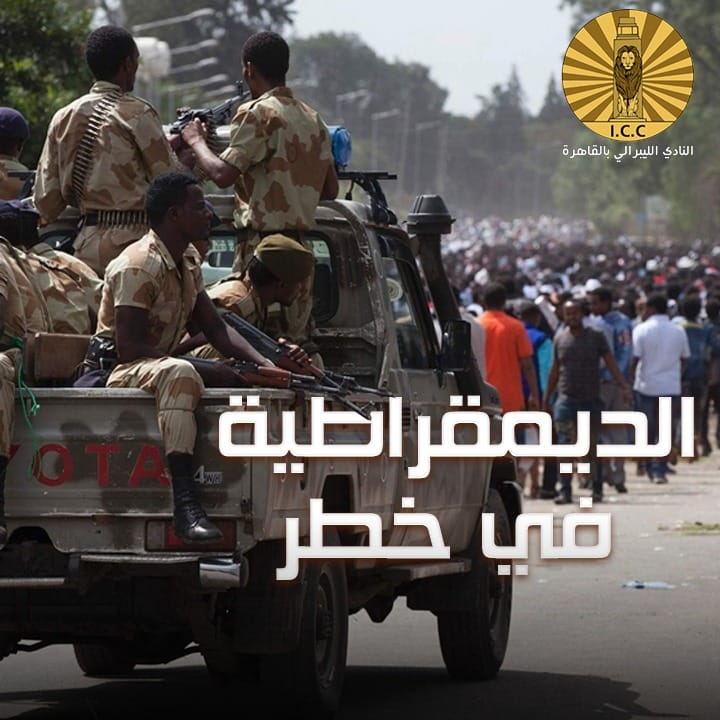After his promises of democratic transformation and the launch of civil liberties and freedom of the press, and after he was awarded the Nobel Peace Prize as a result of his efforts in maintaining peace with Eritrea and his role in Sudanese reconciliation, and after hopes rose to the sky towards the new African leader whom the world aspires to emerge with Ethiopia as a pioneering democratic experience in Africa, he is Abiy. Ahmed is the man who amazed the world twice, the first time with that young political face with the words of love, goodness and peace, and the second time when suddenly hopes were dashed, the false mask fell, and the true face of the Ethiopian Prime Minister, Nobel Peace Prize holder, appeared.
The promises of democratic transformation evaporated in the face of the decision to postpone the elections, civil liberties fell under the feet of government repressive forces, and he forgot that he came to power after the resignation of Hailemariam Desalegn in March 2018 following the protests led by the opposition in the Oromia region, so he found himself facing the same situation, facing demonstrators from the same party. The only difference is that he did not resign, as happened with Desalegn, but rather put on his military uniform and issued his decisions to forcefully clash with the demonstrators, causing casualties among the demonstrators, and the death toll was not 67 people, as it was in the October 2019 protests in protest against his speech in Parliament, but rather it reached 239 deaths and arrests. More than 3,500 others, including opposition leaders, cut off the entire Internet.
What is happening in Ethiopia – the killing of demonstrators, the cutting off of communications, the postponement of elections, and the arrest of opposition leaders – is no different from what happens in any country led by tyranny. But the difference is that these authoritarian leaders did not win the Nobel Peace Prize, and this prompts us to ask: Was the decision to award Abiy Ahmed the Nobel Peace Prize a reckless decision by the Nobel Committee?
The situation in Ethiopia represents a dangerous setback on the path to democratic transformation. The opposition and demonstrators do not threaten the stability of Ethiopia, but rather the continuation of Abiy Ahmed’s policies in this way threatens the security and stability of Ethiopia and even represents a danger to democracy.


